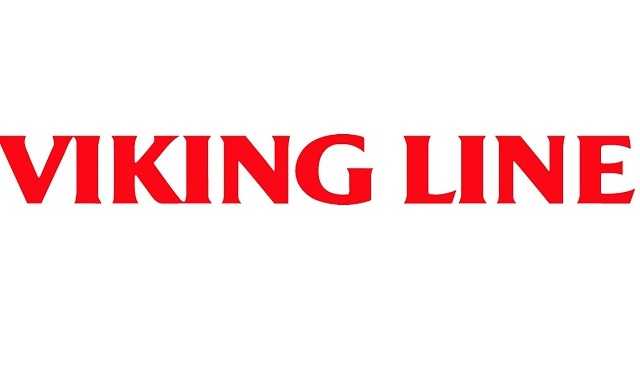MARIEHAMN, Åland, Finland – Each year Viking Line ’s passengers drink 8.5 million cups of coffee. Now each cup entails even better living conditions for growers and lower climate emissions. The company’s new Slow Forest coffee is grown in Laos, in our own restored coffee forest.
All coffee served on Viking Line’s vessels is now sustainably produced Slow Forest coffee, grown at the company’s 75-hectare farm in the high plateaus of Laos and roasted in Denmark.
Coffee shrubs are not grown in traditionally razed open fields but instead on restored agroforestry land shaded by trees. Viking Line’s farm is also a significant carbon sink, and the goal is to plant as many as 30,000 trees there, which means nearly 400 trees per hectare. The coffee forest also increases local biodiversity in many ways.
The cultivation, processing and roasting of coffee is managed by Slow Forest Coffee. It is important for the company that the production chain is fair and transparent. Along with its environmental benefits, Slow Forest coffee provides guaranteed jobs with a better than average income for coffee farmers as well as sickness benefits for farmers in the village.
“Traditional coffee production has a large carbon footprint, and most of the income generated goes to Europe instead of the countries producing the coffee. We wanted to do things differently. Our customers want to make sustainable choices, and now they can enjoy their coffee with a better conscience than ever before,” says Janne Lindholm, Manager, Viking Line Restaurants.
Beans for Slow Forest coffee mature slowly in the shade of trees, without chemical fertilizers. They are often picked by hand, which improves the quality and flavour of the coffee considerably. Viking Line’s new coffee is 100% arabica, with a balanced acidity and notes of nuts and chocolate. The roasting profile was created by the world-famous Danish coffee roaster Michael de Renouard.
“We chose a dark roast for the vessels’ coffee, which suits the taste preferences of both Finns and Swedes nowadays in terms of roasting. In recent years, Finns have developed a preference for coffee with a darker roast profile. Before we made our final choice, the new coffee was tested in Viking Cinderella’s buffet restaurant and employee canteen – and both test groups gave it top marks. Since 8.5 million cups of coffee are brewed each year, nothing can be left to chance,” says Janne Lindholm.
Viking Line’s sustainability goals apply not just to the production chain. Coffee grounds from the company’s vessels are recycled as raw material for garden soil. That results in a significant reduction in virgin turf used to manufacture soil.
”Our goal is to reuse or recycle everything brought on board the vessels as much as possible. That includes waste as well as textiles that are taken out of service, for instance. One good example of lifecycle thinking is used cooking oil from the restaurants on board – biofuel for the Finnish maritime transport industry is produced from this,” says Viking Line’s Sustainability Manager, Dani Lindberg.
Slow Forest Coffee – 5 Facts:
- Slow Forest Coffee is a coffee company operating in Laos, Vietnam, and Indonesia in collaboration with over 500 local coffee farmers.
- The company was founded in 2019 by Pinja Puustjärvi, driven by a desire to protect the forests of Laos and support local farmers. As a child, Puustjärvi lived in Laos due to her father’s work.
- The coffee is grown in restored coffee forests, which sequester significant amounts of carbon and enhance biodiversity.
- It is important to the company that the production chain is responsible and transparent, ensuring that its operations benefit both the environment and local communities.
- Slow Forest Coffee pays farmers higher compensation than the average in Laos and offers benefits that improve their quality of life: advance payments, training, and access to an emergency fund for loans.
More information about Slow Forest Coffee here

















